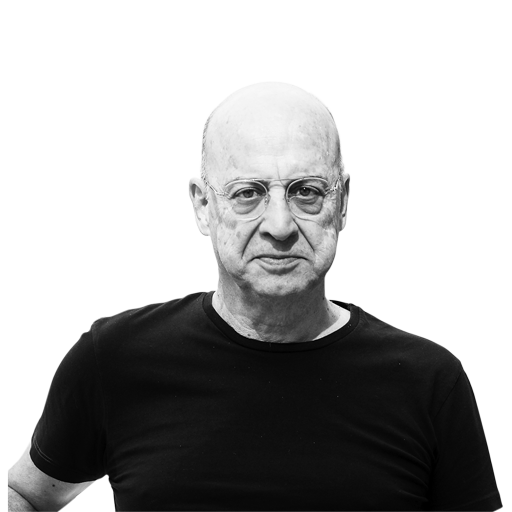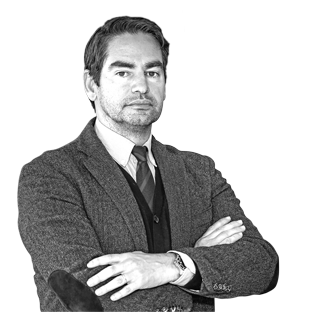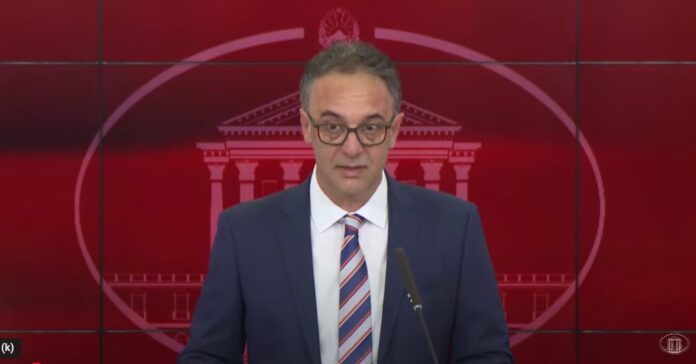University and Freedom

Since in 1215 Pope Innocent III affirmed the legal independence of the University of Paris in relation to the bishop of the city, protected by papal bulls and real letters, universities have become legally autonomous institutions, with freedom to organize their own faculties, to control admissions to establish patterns for graduation. And, founded on this autonomy, academic freedom flourished, slowly and troubled during medieval times, until it reaches Humboldt in the early 19th century: « Teachers’ freedom to investigate any subject that raises their intellectual concern (…), (and) students, (…) study subjects that concern them, to draw conclusions for themselves, and to express their opinions. » (cf., British encyclopedia). The justification of this freedom was eloquently placed by Lord Hague in his inauguration as an Oxford Chancellor: « The concern of a university is that opinions are formed based on truth, reason and knowledge, which in turn requires thinking and speaking with freedom. »
With regard to combating anti -Semitism, the Trump administration launched an unprecedented attack on democracy to the autonomy of Harvard University and, by implication, to academic freedom itself. The attack is a fool and can even compromise the exceptional science produced in Harvard and in other elite universities, and badly hides the desire to counterbalance the ‘wokism’ with ‘Maganism’.
But we are frank: the attacks on academic freedom in Harvard began long before Trump and came from the structures that drive their own university. Foundation for Individual Rights of Expression (Fire) inquiries reveal that in Harvard, 74% of students feel uncomfortable in publicly disagreeing with a teacher about a controversial political theme ‘and that 61% feel uncomfortable expressing (their) opinions on a controversial subject during a classroom discussion. More than half said it was difficult to « have an open and honest conversation about the Israelo-Palestinian conflict on the campus. » A substantial proportion of students (41 percent) believes that his university should not allow a speaker who previously expressed the opinion that « Black Lives Matter is a group of hatred »; But many less – 21% – think that a similar ban should be imposed on a speaker who had previously expressed the opinion that « structural racism maintains inequality by protecting white privilege. » No wonder Fire has placed Harvard last among American universities in the ranking of freedom of expression. And this situation is not limited to Harvard; It is common in American campuses and begins to generalize in the West with emphasis on the Anglo-Saxon world.
Trump administration concerns about freedom of expression and thought in Harvard are therefore justified. The situation that the inquiries reveal is an inevitable consequence of the policies of leading organizations to incorporate DIE (Diversity-Anclusion-Equity) policies in all aspects of university life, raising criteria of political and ideological ‘correction’ above intellectual merit and free debate. Die is pure Newspeak Orwellian whose true objective promotes an identity doctrine – according to which the condition of ‘oppressed’ and ‘oppressor’ is the most fundamental truth and which underlies all analyzes of social or natural reality – and which is deeply hostile to individual freedom. A consequence, therefore, of university governments desirable to promote ‘progressive’ ideals, forgetting that universities are neither political entities nor alternative lifestyle platforms. Harvard put the way!






